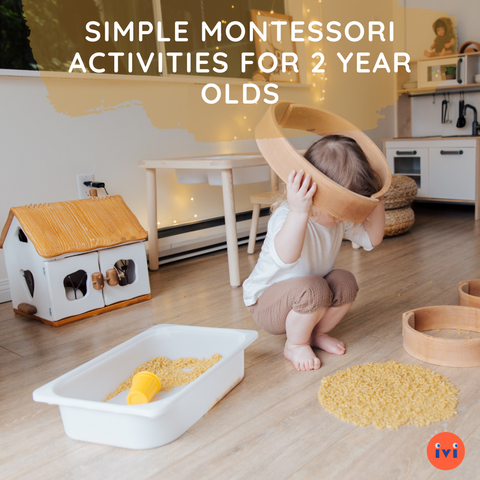
The 4 Types of Play and How They Impact Kids' Futures
Tue, Jan 12, 2021
By Karah St. Preux
A professor from Tel Aviv University, Sara Smilansky, made some observations when conducting the different types of play displayed in children. After observing and gathering data, it was determined that there are 4 different types of play. Does the way children play have an impact on their future?
The 4 types of play are:
1. Functional Play:
This type of play begins at an early age, and helps with childhood development. This type of play lets kids utilize their muscles, as well as lets kids utilize their fine motor skills. Functional play is beneficial for keeping kids active, and providing an outlet for when they have an abundance of excitement. Many babies and young toddlers use everyday objects for functional play. They utilize their imagination and pretend that certain items are part of their imaginative world. This type of play is perfect for development.
2. Constructive Play:
This type of play is utilized when any type of materials get put together to make something new. Constructive play is generally goal-oriented and is used to solve a problem. The end goal tends to be in mind before the child begins to make their creation. Constructive play is great for learning and letting kids express their creativity. Some types of tools used for constructive play include play dough, sand, paper, glue, and more.

3. Games with Rules:
When thinking of games with rules it’s easy to think of games like Monopoly, Scrabble, or Connect Four. But have you thought of games like hopscotch, or red light green light? Those are games that technically aren’t rigid with their rules, but most of us are aware of them and we know how to play. Situational games are games made by kids when they come up with the rules for themselves. Why are these types of games important? These types of games help with the development of kids’ morals. By enforcing rules during play, children become familiarized with ideas such as honesty and integrity. Games with rules also encourage higher thinking.

4. Sociodramatic Play:
Kids do it all the time. They begin to imitate what they see and hear and internalize the correct way of behaving. They can see you making your bed everyday and imitate the same action themselves. Dramatic play is how children begin to imitate the world around them. One of the most common examples is the idea of children playing house. Most often they designate each person to have a role in the household, and they begin to give chores and repeat phrases that they hear in their everyday life.

Does the way children play impact their future? It was determined by Smilansky and her colleague that all of these types of play had positive impacts on the future of children. Play is incredibly important in regards to the development of kids, and it leads to many positive outcomes for their lives. Play teaches about morality, how to react to real-life scenarios, and allows for creativity and imagination. Not to mention it’ll create memories of fun to last a lifetime!
Which type of play do your kid(s) do the most? Let us know in the comments below!












Leave a comment